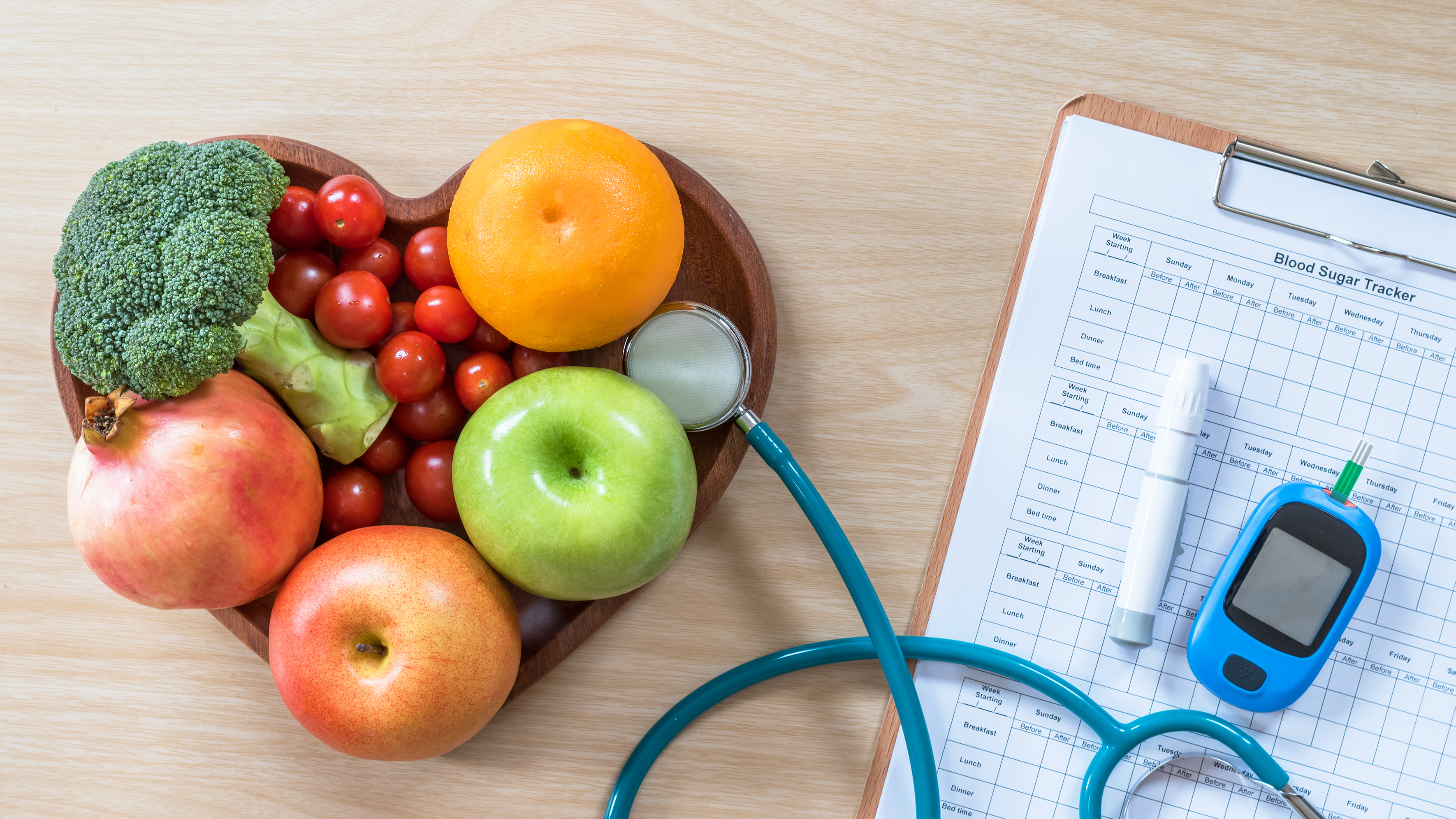Managing Diabetes
In addition to making healthy food and drink choices, engaging in physical activity, getting enough sleep, and managing stress, medications can play a key role in helping you manage the disease. It's important to remember that taking insulin or other diabetes medications is often a crucial part of managing diabetes. There are also other treatment options available.
The type of medicine you take depends on the type of diabetes you have and how effectively the medicine controls your blood glucose levels, also known as blood sugar levels. Other factors, such as your other health conditions, medication costs, insurance coverage, copays, access to care, and your lifestyle, may also influence the choice of diabetes medicine.
Type 1 Diabetes
- If you have type 1 diabetes, you must take insulin because your pancreas does not make it. You will need to take insulin several times during the day, including when you eat and drink, to control your blood glucose level.
- There are different ways to take insulin. You can use a needle and syringe, an insulin pen, or an insulin pump. An artificial pancreas—also called an automated insulin delivery system—may be another option for some people.
Type 2 Diabetes
- Some people with type 2 diabetes can control their blood glucose levels by making lifestyle changes. These lifestyle changes include consuming healthy meals and beverages, limiting calories if they are overweight or obese, and getting physical activity.
- Many people with type 2 diabetes need to take diabetes medicines as well. These medicines may include diabetes pills or medicines you inject, such as insulin. Over time, you may need more than one diabetes medicine to control your blood glucose level. Even if you do not take insulin, you may need it at special times, such as if you are pregnant or if you are in the hospital for treatment.
Gestational diabetes
- If you have gestational diabetes, you can manage your blood glucose level by following a healthy eating plan and doing moderate-intensity physical activity, such as brisk walking for 150 minutes, each week.
- If consuming healthy food and beverages and getting regular physical activity aren’t enough to keep your blood glucose level in your target range, a doctor will work with you and may recommend you take insulin. Insulin is safe to take while you are pregnant.
No matter what type of diabetes you have, taking diabetes medications every day can sometimes feel burdensome. New medications and improved delivery systems can help make it easier to manage your blood glucose levels. Talk with your doctor to find out which medications and delivery systems will work best for you and fit into your lifestyle.
Courtesy of: National Institute of Diabetes and Digestive and Kidney Diseases
What is an A1C test?
An A1C test measures the average amount of sugar in your blood over the past few months. Healthcare providers use it to help diagnose prediabetes and Type 2 diabetes and to monitor how well your diabetes treatment plan is working.
When is an A1C test needed?
If you have diabetes, you should have an A1C test two or more times a year to see how well your management plan is working. Your healthcare team will recommend exactly how often you should get this test.
If you don’t have a diabetes diagnosis, a healthcare provider may order an A1C test if you have symptoms of the condition, including:
- Intense thirst (polydipsia).
- Increased urination (peeing).
- Blurry vision.
- Fatigue, or feeling tired all the time.
You may also get an A1C test to screen for Type 2 diabetes if you’re at risk for the condition. Risk factors include:
- Family history of Type 2 diabetes.
- Personal history of gestational diabetes.
- Obesity.
- Lack of activity or exercise.
- Being over the age of 35.
What does my A1C mean?
An A1C test result is reported as a percentage. The number represents the portion of hemoglobin proteins that are glycated, or holding glucose. The higher the percentage, the higher your blood sugar levels have been over the last few months.
For diagnosing purposes, an A1C level of:
- Less than 5.7% means you don’t have diabetes.
- 5.7% to 6.4% signals prediabetes.
- 6.5% or higher usually indicates Type 2 diabetes (or Type 1 diabetes).
Courtesy of: Cleveland Clinic

Things To Remember:
- Taking each medication as advised and adhering to medication schedules not only helps to improve patient health outcomes but also helps to reduce the number of medical appointments and hospitalizations.
- Proper management through diet, exercise, and regular check-ups can help prevent most diabetes complications, in addition to taking medication.
- Medications can be used to decrease the occurrence of blindness, kidney failure, heart attacks, stroke, and lower limb amputation.
- Diabetes can be silent, you cannot feel the damage being done until it's too late.
- Never double up if you missed a dose of your diabetes medication.
- Weight loss and diet can reduce the need for medications, saving you copays and appointments.
- The price of medications may be lower (employees and family) based on institutional programs tied to patient health trends (run by benefits to ensure accuracy).